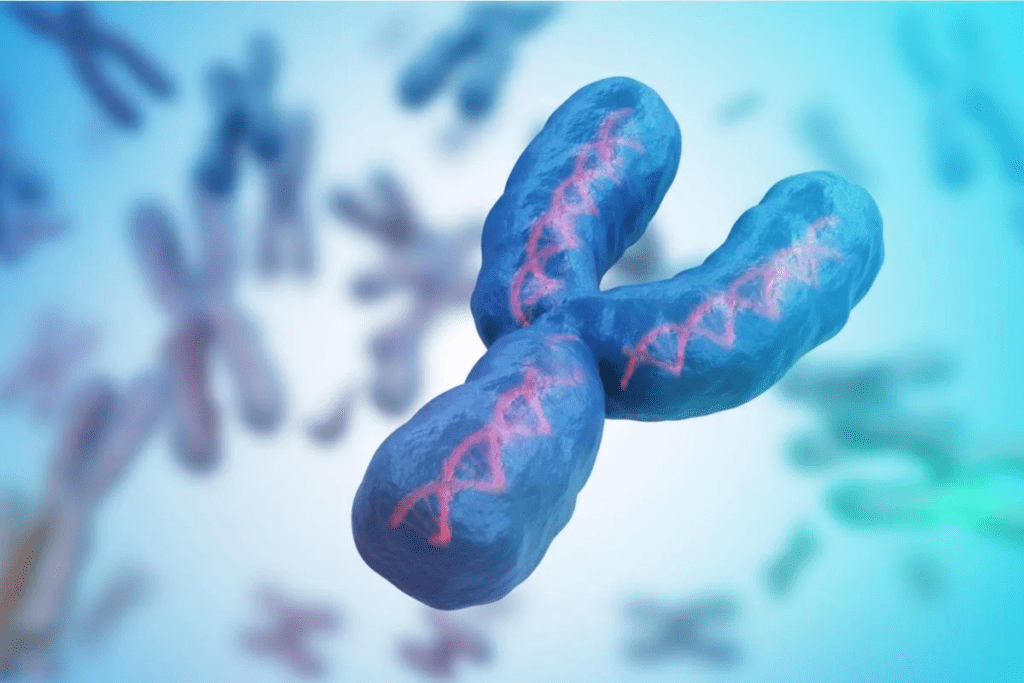According to experts at the Universities of Cambridge and Exeter, one in every 500 men may be carrying an extra X or Y chromosome, most of whom are unaware, placing them at increased risk of diseases such as type 2 diabetes, atherosclerosis, and thrombosis.
Researchers assessed genetic data collected on over 200,000 UK men aged 40-70 from UK Biobank, a biomedical database and research resource comprising anonymized genetic, lifestyle, and health information from half a million UK individuals, in a study published in Genetics in Medicine. They discovered 356 men who had either an extra X or an extra Y chromosome.
Our biological sex is determined by our sex chromosomes. Men have one X and one Y chromosome, whereas women have two Xs. Some men, however, have an extra X or Y chromosome — XXY or XYY.
It might not be obvious without a DNA test. Men with extra X chromosomes are occasionally discovered during investigations into delayed puberty and infertility; nonetheless, the majority are unaware that they have this problem. Men with an additional Y chromosome are taller as boys and adults, but otherwise have no distinguishing physical characteristics.
The researchers discovered 213 males with an additional X chromosome and 143 men with an extra Y chromosome in today’s study. Because UK Biobank participants tend to be ‘healthier’ than the overall population, this means that one in every 500 men may have an additional X or Y chromosome.
Only a small percentage of these men had a sex chromosomal anomaly diagnosis on their medical records or by self-report: less than one in four (23%) men with XXY and only one of the 143 XYY males (0.7%) had a recognised diagnosis.
By integrating genetic data to routine health records, the researchers discovered that males with XXY have a threefold increased risk of delayed puberty and a fourfold increased risk of being childless. These men also exhibited much lower levels of testosterone, the natural male hormone, in their blood. XYY men appeared to have normal reproductive function.

Men with XXY or XYY have an increased risk of various different health problems. They were three times more likely to have type 2 diabetes, six times more likely to have venous thrombosis, three times more likely to have pulmonary embolism, and four times more likely to have chronic obstructive pulmonary disease (COPD).
“More research is needed to determine whether widespread screening for atypical chromosomes in the general population adds benefit, although this might potentially lead to early interventions to help people avoid the linked disorders.”
“Our study is important because it starts with genetics and tells us about the potential health impacts of having an extra sex chromosome in an older population, without being biassed by only testing men with certain features, as has often been done in the past,” said Professor Anna Murray of the University of Exeter.
Previous research has discovered that approximately one in 1,000 females has an extra X chromosome, which might result in delayed language development, rapid growth until puberty, and poorer IQ levels compared to their peers.
The Medical Research Council financed the study.














